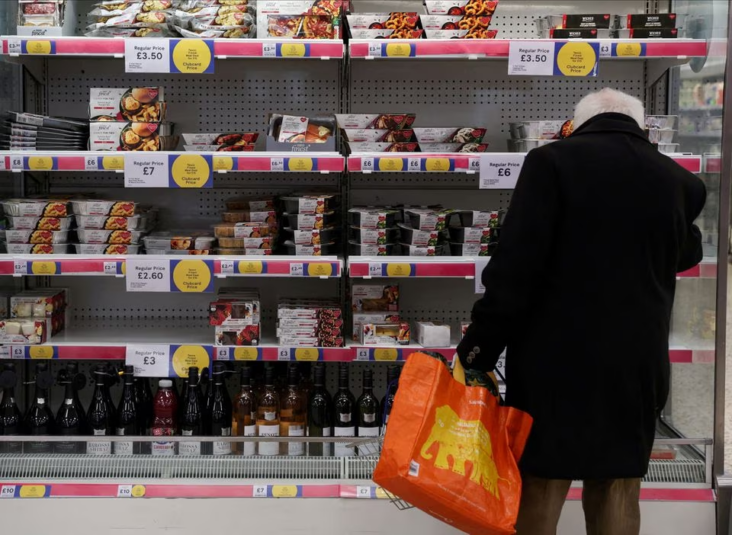Prigozhin Denies Mutiny On War
President Vladimir Putin condemned leaders of the Wagner mercenary group as traitors to Russia in a late-night speech to the nation, his first public comments since the mutiny that posed the most serious threat to his nearly quarter-century rule.
Japan Reinstates South Korea As A Preferred Trading Partner
Japan has decided to restore South Korea to its list of preferred trading partners, adding signs of improving ties that will help them strengthen their cooperation with the U.S.
China Ensures Supply Over Green Goals
State Grid Corp. of China will prioritize preventing blackouts over its longer-term goal of decarbonizing the country’s power mix. That was the message from Xin Baoan, executive chairman of the world’s largest utility, who spoke on a panel at the the World Economic Forum’s Annual Meeting of the New Champions in Tianjin.
Today’s News
Despite the economic impact of the COVID-19 pandemic, global inflation rates were initially under control and under wraps as we experienced a fall to 3.25 percent in the first year of the pandemic. Not long after, it rose to 4.7 percent in 2021, followed by a slew of supply chain delays prior to the Russia-Ukraine war. As it exacerbated further, a series of compounding issues surfaced, such as rising energy and food prices, fiscal instability in the wake of the pandemic, and consumer insecurity have resulted in a new global recession.
The global inflation rates have reportedly made multiple annual increases, with new highs in inflation rates since 1996.
The latest figures for most of the world’s largest economies are still worrisome as price pressures remain high as the war in Ukraine sees no light at the end of a tunnel. Price pressures remain high as the war in Ukraine continues to keep energy and food prices elevated. However, pressures have eased while energy and food wholesale prices have declined for selected countries. Experts speculate that inflationary levels will stabilize in the next few years.
For now, current occurrences are as follows:
Speed Obsession In Taming Inflation
The world’s top central banks may require a longer timeframe to bring inflation back down to target. Financial turbulence could make the process even more protracted, the International Monetary Fund’s second-in-command claimed yesterday.

Central banks on the other hand, have raised interest rates at a brisk pace over the past year or so to fight off multiple surges in prices, but remained persistent in underestimating inflationary pressures.
Only One Way Left To Go
After a turbulent week or two for the markets, multiple central banks have speculated that the only way for rates right now is up.

Investors will get a look at the state of China’s manufacturing juggernaut, as well as the Federal Reserve’s favored measure of inflation, while the world’s central bankers gather in Portugal for an annual forum.
A Critical Juncture Against Inflation
The world’s central bank umbrella body, the Bank for International Settlements (BIS), called on Sunday for more interest rate hikes, warning the world economy was now at a crucial point as countries struggle to rein in inflation.

Despite the relentless rise in rates over the last 18 months, inflation in many top economies remain stubbornly high, while the jump in borrowing costs triggered the most serious banking collapses since the financial crisis 15 years ago.



